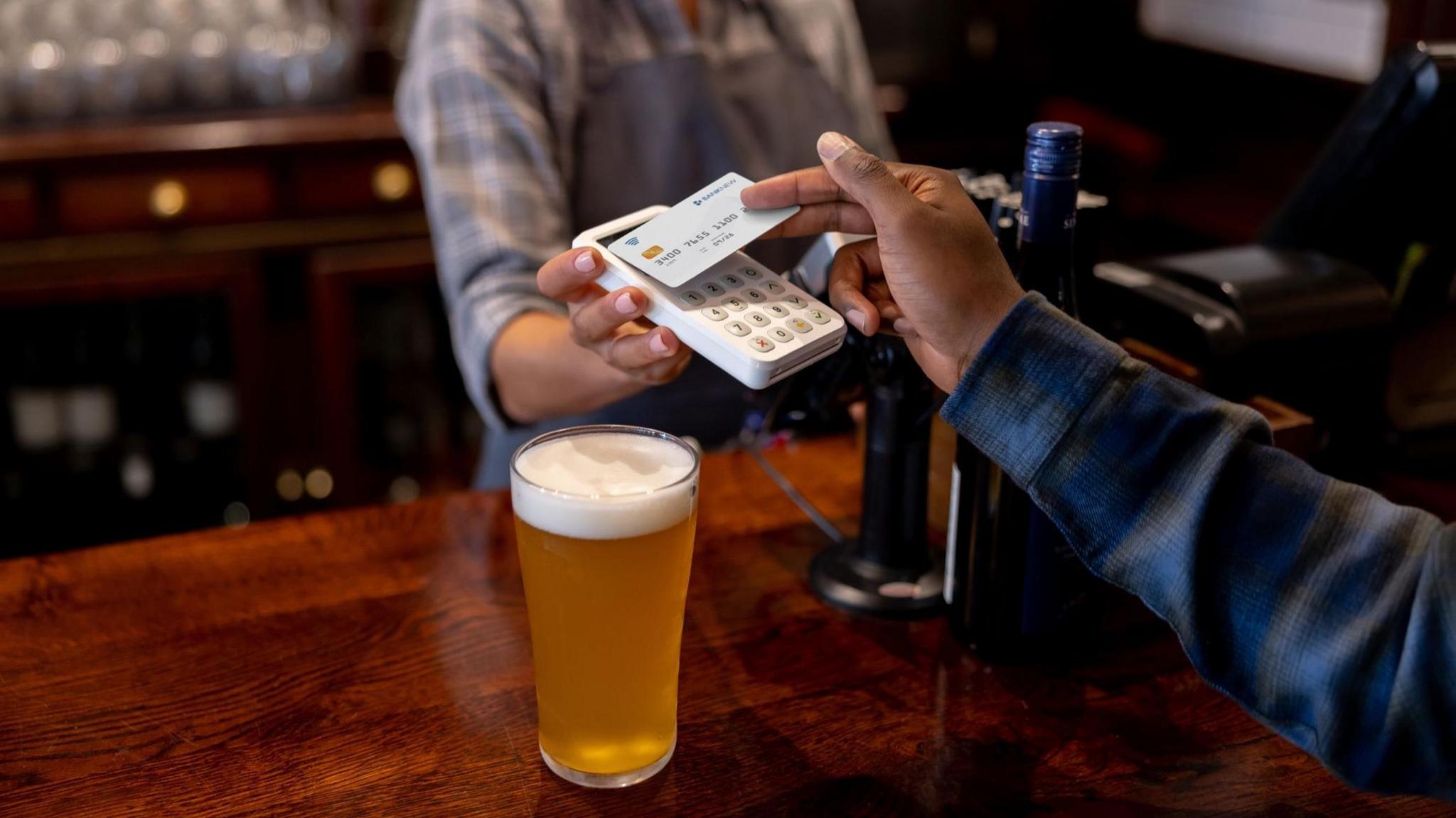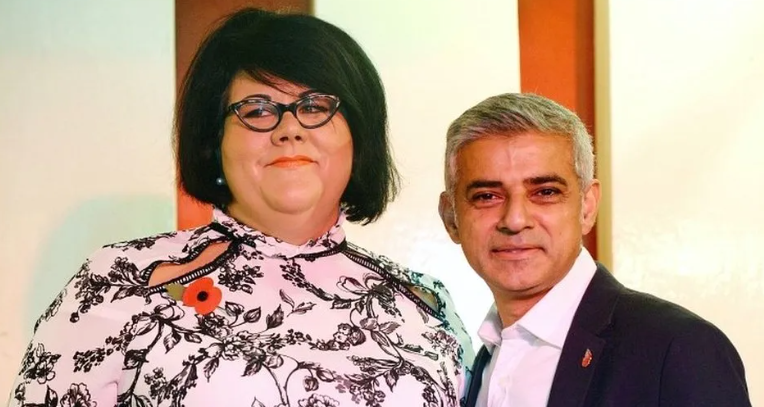London's nightlife venues struggling, City Hall told

Changing "lifestyle habits" have hit London's night-time economy, the mayor says
- Published
Strict licensing laws, problems with crime and eye-watering costs are hitting London's nightlife industry, City Hall has been told.
In public meetings there this week, industry representatives urged the mayor and the new government to give the sector more support.
It comes after City Hall figures revealed that London suffered a net loss of about 40 pubs in the year to March 2023, despite the number of pub employees growing
Mayor Sadiq Khan said last week there were “challenges post-pandemic for all global cities” but argued that London is “ahead of that crowd”, adding that this summer had so far been “remarkable” for the capital’s night economy.
'Petty crime rife'
London has a dedicated "night tsar", Amy Lamé, who is reportedly paid £132,000 a year, external.
At a cross-party inquiry into the issues, led by the London Assembly on Wednesday, experts in the sector said businesses were grappling with many issues, which have made it far harder for many to turn a profit.
Mark Williams, deputy chief executive of the Heart of London Business Alliance, told assembly members the West End’s night-time economy was "underperforming"
He said: “Footfall has stagnated. Spend has increased, but behind that picture, we’re dealing with high living costs, supply disruption, high operating costs, staff shortages, overcrowding on streets and with an ineffective public realm, limited step-free access to stations, an increase in anti-social behaviour and a lack of facilities.”

Amy Lamé, pictured here with Lodon Mayor Sadiq Khan, is also a presenter on BBC Radio 6 Music
Further concerns were heard on Thursday, when Emma Best, deputy leader of the Conservatives at City Hall, hosted her own round-table discussion with industry figures.
Michael Kill, chief executive of the Night Time Industries Association, told the session that crime was part of the problem.
“From a safety perspective, there is a huge deterrent from going into places like Soho,” he said, adding that “petty crime is rife” and that many businesses felt forced to “self-police” their premises due to there not being enough police officers.
Jo May of the Soho Business Alliance criticised councils for imposing strict licensing requirements, which she said had forced venues to shut earlier than they would like, despite the number of tourists who visit London to enjoy its nightlife.
Mayor defends 'offensive' Amy Lamé
- Published16 November 2016
Six in 10 London LGBTQ+ venues shut since 2006
- Published9 February 2024
What it's like to go clubbing in an abandoned Ikea?
- Published4 November 2023
“They’re coming into central London, they’re looking for places to go out and have a good time, to spend their money,” she said. “Soho’s rolling up the pavements at 11pm. If you’re not a member of a club, sorry tourists – take your money back to your hotel and go to bed.”
Ms May said that bringing back tax-free shopping for tourists and reducing VAT for the hospitality sector would “really help” venues.
'Tensions'
Asked about the issue at Mayor’s Question Time last week, Mr Khan acknowledged there were challenges but said they were similar post-pandemic for all "global cities".
“The good news is we’re ahead of that crowd in relation to the bounceback," he said.
He said there had been a change of “lifestyle habits” since the pandemic - which saw its last UK lockdown end in July 2021 - with revellers now increasingly keen to go for nights out in their local town centre instead of travelling into central London.
Mr Khan also acknowledged that labour shortages were a major challenge for the sector, which he put down to a depleted workforce following the pandemic and Brexit.
The mayor told the Assembly he was committed to having “conversations” with councils about the “tensions” that can arise between residents and businesses.
In addition, he said he was lobbying the government to make changes to the VAT system, create a fairer business rates scheme, provide more support to London’s police and to devolve more skills-related powers to City Hall.
Mr Khan added there would be "announcements over the next few weeks" on supporting the night-time economy.
Listen to the best of BBC Radio London on Sounds and follow BBC London on Facebook, external, X, external and Instagram, external. Send your story ideas to hello.bbclondon@bbc.co.uk, external